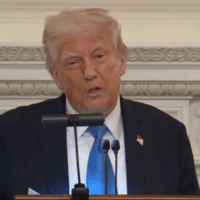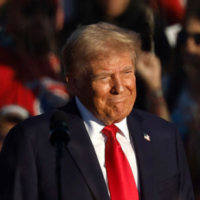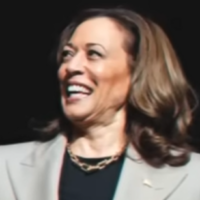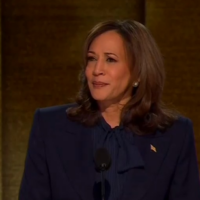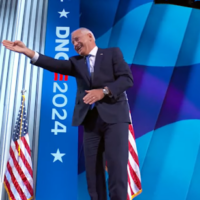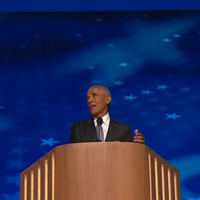The Urban-Brookings Tax Policy Center estimates that, on average, Americans’ taxes would rise about 7.5% if the 2017 tax cuts are allowed to fully expire at the end of the year. But President Donald Trump has repeatedly claimed that if the Republican budget bill, called the One Big Beautiful Bill Act, doesn’t pass, Americans “will get a 68% tax increase.”
Issues: Tax Cuts and Jobs Act
Independent Analyses Contradict Navarro’s $6 Trillion-Plus Tariff Revenue Estimate
Before President Donald Trump paused some new tariffs that he unveiled on April 2, several economic groups estimated that tariffs he has announced this year could raise between roughly $2 trillion and more than $4 trillion in federal revenue over a 10-year period. But that’s well short of the $6 trillion or $7 trillion that White House trade adviser Peter Navarro claimed the tariffs would raise to help pay for tax cuts, including an extension of the 2017 tax law.
Both Sides Spin Who Would Benefit from Extending Trump Tax Cuts
With the Republican-controlled Congress moving forward with President Donald Trump’s call to extend the 2017 individual tax cuts, Democrats and Republicans are spinning the facts about who would benefit. Several Democrats have framed the tax cuts as exclusively benefiting billionaires, while Trump has suggested everyone in America would see a tax cut.
Trump’s Agenda: Taxes
In addition to extending the Tax Cuts and Jobs Act, one of his signature achievements in his first term, President-elect Donald Trump has proposed a long list of tax cuts, from eliminating taxes on Social Security benefits to lowering the corporate tax rate. We’ll look at Trump’s tax proposals, their cost and what impact they could have on taxpayers.
Kamala Harris’ Closing Arguments
In the closing weeks of the campaign, Vice President Kamala Harris has portrayed former President Donald Trump as a danger to democracy. She also has warned he will enact policies that will hurt blue-collar workers, women, seniors, and the nation’s health care system and economy. That was her message at eight campaign events that we reviewed from Oct. 18 through Oct. 22.
Trump’s Spin on Tax Cuts Raising Revenues
Trump Ad on Taxes Uses Deceptive Political Playbook
In a classic example of how political ads mislead viewers by using out-of-context quotes, a TV ad from former President Donald Trump’s campaign cites the New York Times as saying Vice President Kamala Harris “is seeking to significantly raise taxes.” Period, end of sentence. The rest of that sentence in the Times said: “on the wealthiest Americans and large corporations.”
